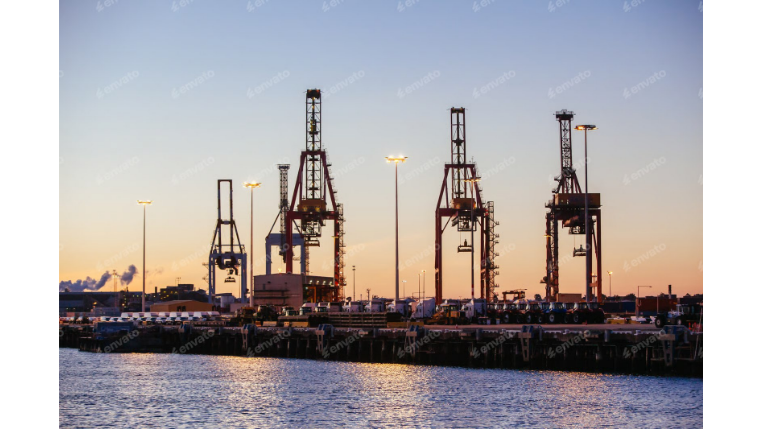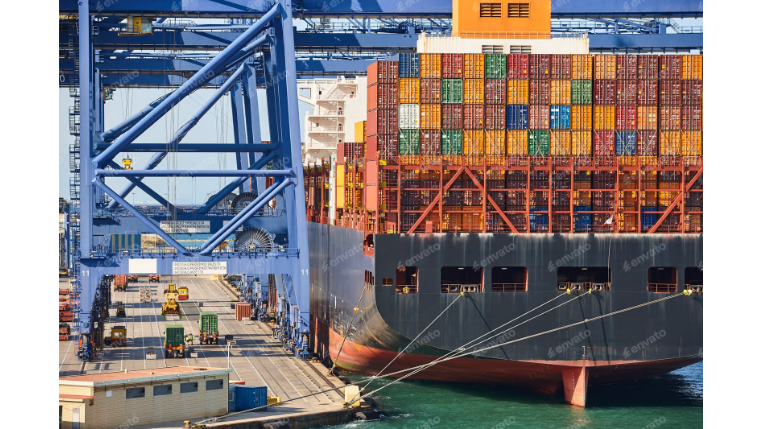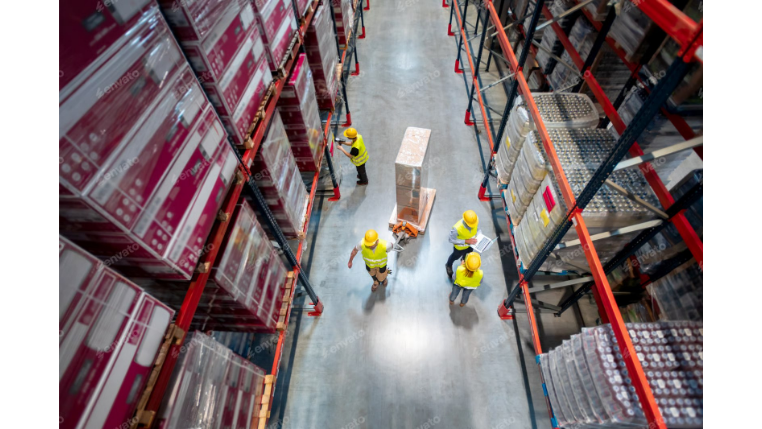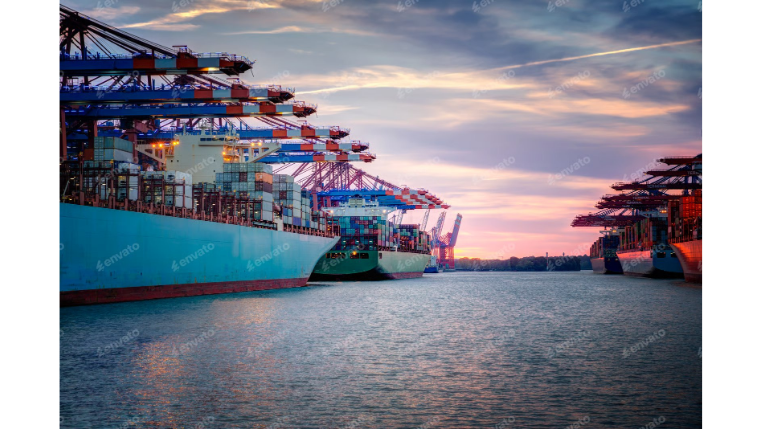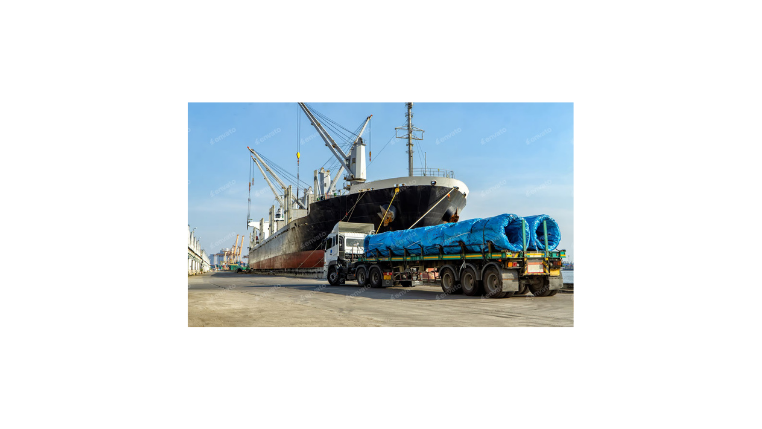In the world of freight logistics, the choice between LTL (Less-than-Truckload) and FTL (Full Truckload) shipping is one of the most fundamental decisions a business has to make. This choice has a direct impact on your company's budget, delivery schedule, and the safety of your cargo. While the names may seem self-explanatory—one fills a truck, the other doesn't—the nuances between them are significant and require careful consideration.
This comprehensive guide will demystify LTL vs. FTL shipping, providing a clear comparison of their core differences in cost, speed, handling, and security. By the end, you'll be equipped with the knowledge to make the right choice for your specific shipping needs.
What Is LTL Shipping?
Less-than-Truckload (LTL) shipping is a cost-effective method used when a shipment doesn't have enough volume to fill an entire truck. With LTL, your cargo shares space on a single truck with shipments from multiple other companies. You only pay for the space your freight occupies, making it an ideal solution for businesses with smaller loads.
LTL carriers operate on a "hub-and-spoke" system. Your cargo is picked up and transported to a central distribution center (the hub), where it is sorted and consolidated with other LTL shipments heading in the same general direction. From there, it is loaded onto another truck for delivery to a regional terminal, and eventually to its final destination.
Key Benefits of LTL Shipping
- Cost Savings: Since you only pay for the space you use, LTL is a highly economical option for small to medium-sized shipments (typically between 150 and 15,000 pounds or up to 10 pallets).
- Flexibility: LTL allows you to ship smaller quantities more frequently, which helps with inventory management and allows for more agile responses to demand.
- Accessibility: It makes freight shipping accessible to small businesses that couldn't otherwise afford to book an entire truck.
What Is FTL Shipping?
Full Truckload (FTL) shipping is a service where a single shipment from one company fills an entire truck's trailer. This method is used when a shipment is large enough to occupy most or all of the truck's space (typically over 15,000 pounds or 10+ pallets). Even if a shipment doesn't completely fill the truck, businesses often choose FTL for the exclusive use of the vehicle and its dedicated route.
FTL works on a direct, point-to-point distribution model. The truck is loaded at the origin and travels directly to the final destination without making intermediate stops for other shipments.
Key Benefits of FTL Shipping
- Speed: FTL is the faster choice. Since the truck goes directly from the pickup point to the delivery destination, transit times are significantly reduced, which is crucial for time-sensitive deliveries.
- Security: FTL is more secure than LTL. Your cargo is the only freight on the truck, which is sealed at the point of origin and remains sealed until it reaches its destination. This reduces handling and the risk of damage or theft.
- Predictability: FTL allows for more predictable scheduling, with firm pickup and delivery dates, making it easier for you to plan your inventory and labor needs.
Making the Right Choice: When to Use LTL or FTL
Choosing between LTL and FTL depends on a careful evaluation of your specific needs. You should consider the following factors:
- Shipment Size and Volume: If your shipment consists of a few pallets and is under 15,000 pounds, LTL is generally the most cost-effective option. If your cargo exceeds these volumes or requires the entire truck, FTL becomes a more viable, and often a cheaper, choice.
- Time Sensitivity: For time-sensitive or urgent deliveries, FTL is the way to go. Its direct route can shave days off of the delivery time compared to LTL, which may have multiple stops and transfers.
- Cargo Fragility and Security: If you are shipping high-value, fragile, or sensitive goods, FTL is the better option. The reduced handling and direct route minimize the risk of damage or loss.
- Budget: When costs are a top priority and you have a flexible timeline, LTL offers a significant cost advantage for smaller loads.
By carefully evaluating these factors, you can choose the shipping method that best aligns with your business's needs, ensuring a more efficient and profitable supply chain.


